London, 13 Muharram 1438/14 October 2016 (MINA) – Britain and the United States are both considering deeper involvement in the Syrian civil war – including looking at more military options – amid warnings that Russia is gong to “flatten” the city of Aleppo.
Foreign Secretary Boris Johnson argued it was right that military options were looked at again, because he said the Russian campaign had “pulverised” neighbourhoods.
US President Barack Obama was also expected to meet key advisors on Friday to weigh up military action, including direct air strikes on Assad regime bases.
It comes as President Assad described how he would “clean” the city by killing the “terrorists” within the city.
Also Read: Syrian President Rejects Federalism, Says Coastal Region Remains National Priority
Speaking to Russia’s Komsomolskaya Pravda, Assad said: “It’s going to be the springboard, as a big city, to move to other areas, to liberate other areas from the terrorists. This is the importance of Aleppo now.
“You have to keep cleaning this area and to push the terrorists to Turkey to go back to where they come from, or to kill them. There’s no other option. But Aleppo is going to be a very important springboard to do this move.”
The intensification of the rhetoric comes ahead of a key meeting between the UK, US, France and Germany this weekend at which the Western powers hope to form a response to the Russian military operation.
The Foreign Office insisted Mr Johnson’s comments were not intended as a first step towards military intervention, while Downing Street underlined that there are currently no plans for UK action.
Also Read: Syria, Jordan Condemn Netanyahu’s Visit to Occupied Syrian Buffer Zone
But some MPs from different parties appeared receptive to the idea of deeper intervention, following failed peace talks and days of coverage showing Aleppo’s injured civilians and gutted buildings.
Thinking of options available
Also Read: UNIFIL Reports Over 7,300 Israeli Violations of Lebanese Airspace Since Ceasefire
Speaking to the Foreign Affairs Select Committee, Mr Johnson set out policy routes to try and mitigate the destruction of the five-year conflict that has killed some 300,000 people and displaced half the country’s population.
He said: “Our options now are to try on the humanitarian front, to try to find extra ways of getting help into Aleppo, to do what we can to warn the people of Aleppo about impending air strikes, to support the White Helmets [charity], to support all types of humanitarian relief, to intensify sanctions on some of the key players in the Assad regime and on the Russians as well.
“And also of course, it is right now that we should be looking again at the more kinetic options, the military options.”
He said he did not want to raise hopes of what the West could deliver, given David Cameron’s 2013 failure to win parliamentary approval for RAF air strikes, something he said was “regrettable”.
Also Read: Russia Condemns UN Gaza Resolution, Says It Contradicts Palestinian Statehood
But the Foreign Secretary went on: “The general feeling is that obviously, it’s good that things are happening again in Geneva. But most people, I think including [US Secretary of State] John Kerry, feel that the process of discussion with the Russians has basically run out of road and on Sunday we’ll be talking about all the options that we think are available to us and to the West.
“I’m not going to pretend that there is any easy answer here, because there isn’t. But I think most people are now changing their minds about this, they are thinking we can’t let this go on forever, we can’t just see Aleppo pulverised in this way. We have to do something.”
A Downing Street spokesperson said the Prime Minister would “weigh up very carefully any options that are put forward and the potential consequences of those”, adding that at the moment “the focus is on bringing together partners”.
But Mr Obama is expected to convene his National Security Council on Friday to consider military and other options in Syria.
Also Read: Israeli Airstrike on Palestinian Refugee Camp in Lebanon Kills 13
Officials speaking on condition of anonymity said one set of options includes direct air strikes on Syrian bases, munitions depots, radar and anti-aircraft sites.
But they also said it was unlikely Mr Obama would order strikes now and may not make any final decisions at the planned meeting.
Mr Johnson’s comments follow calls from MPs on both sides of the Commons for the establishment of a no-fly zone to end the air strikes on Aleppo.
At Prime Minister’s Questions this week Theresa May raised doubts over the safety and difficulty of an operation to protect civilians from Russian or Syrian air strikes, but did not completely rule it out.
Also Read: UN Security Council Adopts US-backed Resolution to Deploy International Force in Gaza
Something has to be done
Former Conservative International Development Secretary Andrew Mitchell told The Independent: “The new Foreign Secretary is gripping the issue and is doing the right thing in talking to our allies around the world about what we can do to stop this slaughter.
“I believe strongly that bullies who breach international humanitarian laws have got to be confronted.”
Labour MP Mike Gapes, a member of the Foreign Affairs Committee, said: “Something has to be done to stop a disaster for a large number of non-combatants in east
Aleppo.
Also Read: UNIFIL Condemns Israeli Tank Fire Targeting Peacekeepers in South Lebanon
“If Putin does to Aleppo what he did to Grozny, then they are going to flatten it.”
The US and Russian foreign ministers will meet in Lausanne, Switzerland, on Saturday to resume their failed effort to find a diplomatic solution to the Syria conflict, though US officials have voiced little hope of success. (T/R07/R01)
Mi’raj Islamic News Agency (MINA)
Also Read: Israel Fires on UNIFIL Peacekeepers in Southern Lebanon





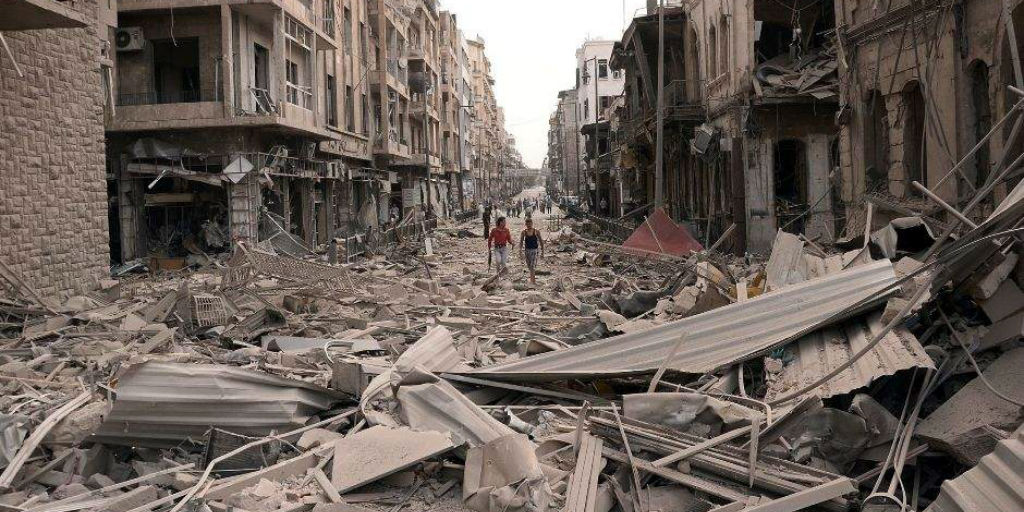


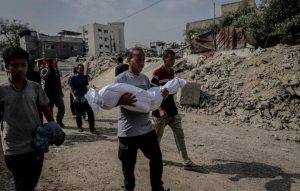
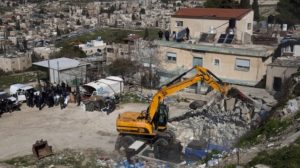
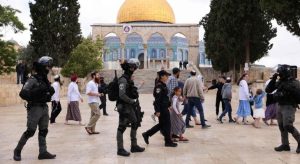
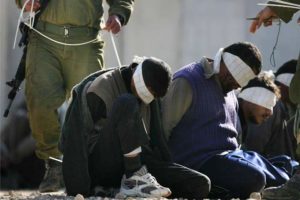

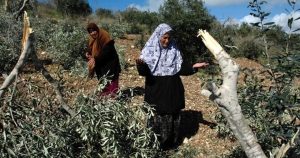

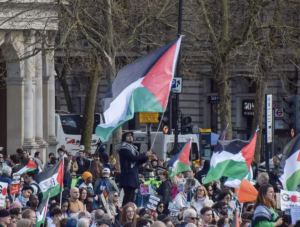
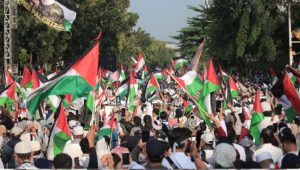

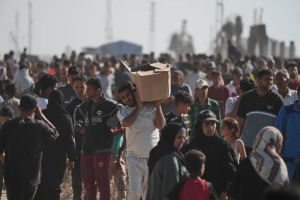
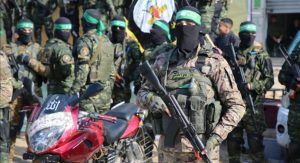
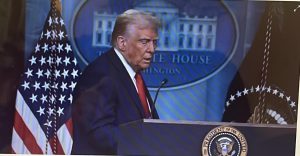












 Mina Indonesia
Mina Indonesia Mina Arabic
Mina Arabic